If you’re looking to start 2025 on the right financial foot, you’re not alone. Setting up a solid budget can help reduce stress, reach financial goals, and make room for some of the fun things in life. Here’s a guide to practical budgeting tips that will help you maximize your income, cut unnecessary expenses, and save for future goals.
1. Cancel Memberships and Subscriptions You Don’t Use
Do you really use all those streaming services, magazines, or gym memberships? It’s easy for subscriptions to add up, especially if you forget to cancel free trials or automatically renew services you no longer need. Go through your recent bank statements and check for recurring charges. If you find any memberships or subscriptions you’re not actively using, cancel them right away. This simple step could save you hundreds over the course of the year!
2. Pack Lunches and Skip the Takeout
Packing your lunch might sound like a small change, but it can have a big impact. Spending $10-15 each workday on takeout can add up quickly—around $200-300 a month! By planning and packing your lunches, you can eat healthier, save money, and even reduce food waste. Try meal-prepping on Sundays to make it even easier to grab a lunch during the week. This small habit could save you a couple of thousand dollars over the year, which can be redirected toward other goals.
3. Check Your Insurance Rates
One often-overlooked tip is to review your insurance policies annually. Insurance companies frequently update their rates, and if you haven’t checked yours in a while, you may be missing out on savings. Compare rates for car, home, and health insurance to make sure you’re getting the best deal. You can use online comparison tools or work with an insurance agent who can find you lower rates. This small step could reduce your monthly bills without compromising coverage.
4. Make a Monthly Budget & Track EVERY Expense
Budgeting can feel overwhelming, but it’s easier when you break it down monthly and track every expense. Create a monthly budget that includes all your fixed and variable expenses and set realistic limits for each category. Use an app or even a simple spreadsheet can help you track your spending. Make a habit of checking your budget weekly to see if you’re staying on track. Once you know exactly where your money goes, it’s easier to identify and cut unnecessary expenses.
5. Set Up Direct Deposits for Savings Goals
Saving up for big expenses—like a vacation, car repairs, or holiday gifts—is easier when you set aside money gradually. A great way to do this is to set up direct deposits into separate savings accounts designated for each goal. Many banks now offer the option to create sub-accounts, which you can name for each goal. By automatically depositing a small amount with each paycheck, you’ll build up funds over time without even noticing it. This "out of sight, out of mind" approach makes saving easy and keeps your goals on track.
Wrapping Up
Incorporating these five budgeting hacks into your financial routine can make a huge difference in reaching your goals for 2025. By cutting unnecessary expenses, finding cost-effective alternatives, and planning ahead, you’re setting yourself up for a more financially stable year. Start with one or two of these tips, and you’ll be well on your way to building healthy financial habits that last!
